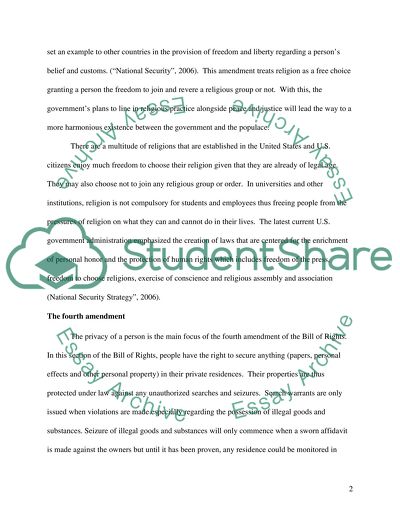Cite this document
(Bill of Rights, the Amendments, and the Administration of Justice and Term Paper, n.d.)
Bill of Rights, the Amendments, and the Administration of Justice and Term Paper. https://studentshare.org/law/1514174-bill-of-rights-paper
Bill of Rights, the Amendments, and the Administration of Justice and Term Paper. https://studentshare.org/law/1514174-bill-of-rights-paper
(Bill of Rights, the Amendments, and the Administration of Justice and Term Paper)
Bill of Rights, the Amendments, and the Administration of Justice and Term Paper. https://studentshare.org/law/1514174-bill-of-rights-paper.
Bill of Rights, the Amendments, and the Administration of Justice and Term Paper. https://studentshare.org/law/1514174-bill-of-rights-paper.
“Bill of Rights, the Amendments, and the Administration of Justice and Term Paper”. https://studentshare.org/law/1514174-bill-of-rights-paper.


